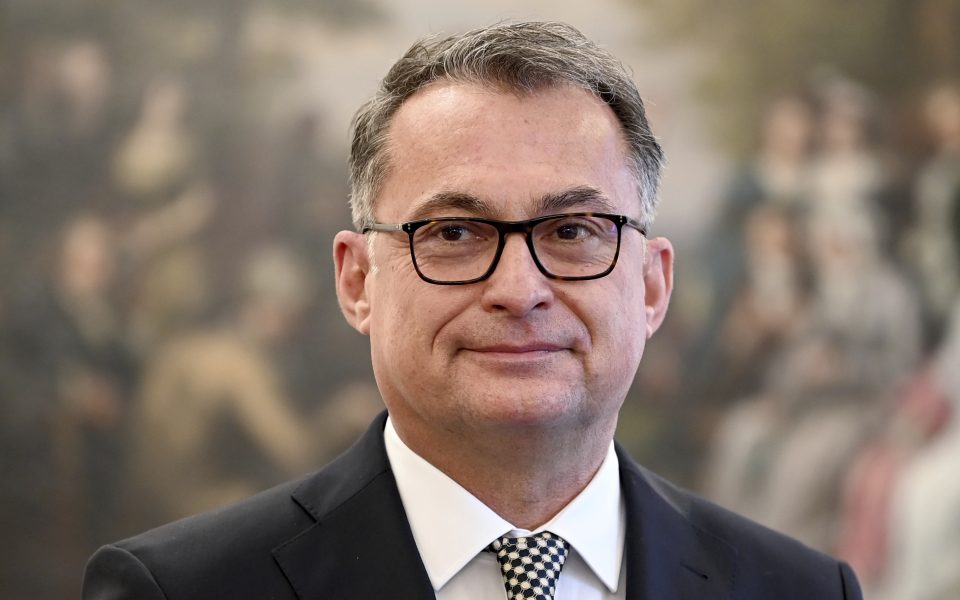Medicine and dogma

The new head of the Bundesbank, Joachim Nagel, made clear in his first interview that he would maintain the German central bank’s tradition of supporting tight monetary policy at the European Central Bank. If the March forecasts do not show an improvement in inflation, “we have clearly defined the sequence in which we shall act, should we be required to do so,” he told the German daily Die Zeit. “First, we exit the net asset purchases, then we raise the key interest rates.”
After praising the ECB’s Governing Council for doing “an important job, a good job, during the coronavirus phase and before that,” he added, “Now, as central bankers, we can start withdrawing from the non-standard monetary policy of the past years.”
Olaf Scholz’s government aims to combine stability with a spirit of renewal in Germany and Europe. Nagel is a member of the Social Democratic Party, the coalition’s senior partner, and his statements were no surprise.
However, a seemingly innocuous comment at the end of his interview might hint at a profound change in the way the economy is handled. When Die Zeit’s journalists asked him whether he is bothered by the fact that the ECB head, Christine Lagarde, is not an economist (she is a lawyer), he replied: “No. Even as an economist, one does not always immediately have a brilliant answer to every single question on monetary policy. It is important for many different skills to come together on the ECB Governing Council.”
He added: “A body like the Governing Council draws strength from its members’ varied backgrounds. I originally wanted to go into medicine. That might be useful in the world of monetary policy as well: After all, physicians first conduct a thorough examination and then prescribe the right course of treatment.”
As the physician’s priority is to save the patient, it is encouraging to read support of the principle that the therapy be determined by the problem, rather than the problem by the therapy. In the one instance we have medicine, in the other, dogma.
As the years of the eurozone crisis and the pandemic have shown, the best therapy demands imagination and daring. Of course, rules are imperative – without them there is no stable framework for policy, nor a point from which to work. But they help save us only when they evolve, not when they are held up as talismans or as an excuse for inertia and failure.





